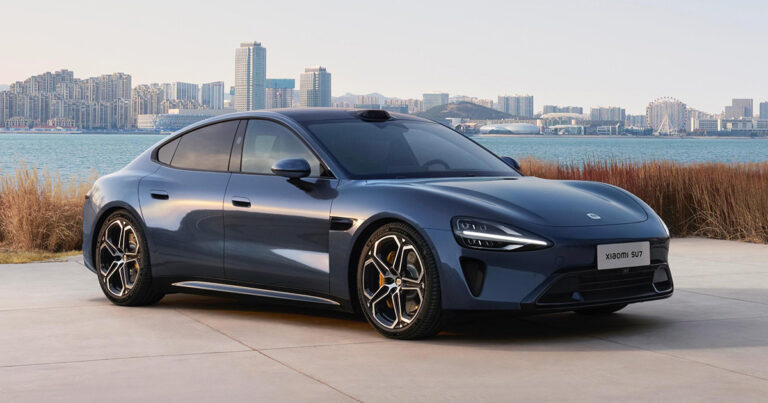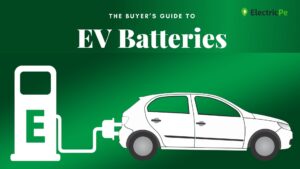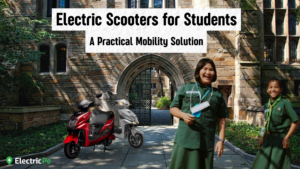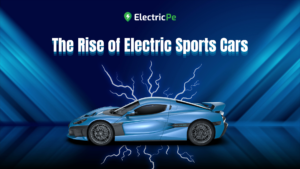Tech Companies in the EV Industry: Almost all major automakers have already stepped into the EV space. But in recent years, it’s not just the traditional carmakers making moves; tech companies are now entering the electric vehicle industry too.
Wondering what’s driving this sudden rise of EV ventures by tech giants? Let’s explore.
What Do Tech Companies Have That Automakers Don’t?
Traditional fuel-powered cars have over 2,000 moving parts. They’re highly mechanical machines that demand deep engineering expertise to build and refine.
As technology advanced, particularly in the luxury segment, we began to see cars integrating sophisticated computer-based features like ADAS, surround-view cameras, and even AI assistants.
For years, automakers often outsourced these technological components to specialised tech firms.
But the rise of electric vehicles changed the game. EVs contain as few as 20 moving parts, shifting the focus from mechanical complexity to software, electronics, and user experience. With their vast technological know-how and deep pockets, tech giants suddenly found themselves uniquely positioned to enter the EV arena.
So, which are the tech companies in the EV industry? Let’s take a look at the ones making waves.
Xiaomi
Known for delivering flagship features at budget prices, Chinese tech giant Xiaomi built its reputation on smartphones. But in 2024, it surprised everyone with the SU7, a sleek, all-electric four-door sedan.
Powered by what Xiaomi calls the HyperEngine V6, the SU7 produces an impressive 295 horsepower and combines sporty performance with standout design and smart features. Despite its premium feel, the pricing remains relatively accessible—at least in China, where it’s currently available. Early reviews from both critics and owners have been overwhelmingly positive.
While there’s no official word on a launch in India, Xiaomi did showcase the SU7 at Xiaomi India’s 10-year anniversary event in Bengaluru, hinting at strong interest.
The company also revealed a performance variant, the SU7 Ultra, which packs three electric motors and is built for the track. With performance rivalling that of traditional V6 and V8 sedans, the SU7 Ultra has even set an unofficial lap record for four-door EVs at the Nürburgring.
Huawei
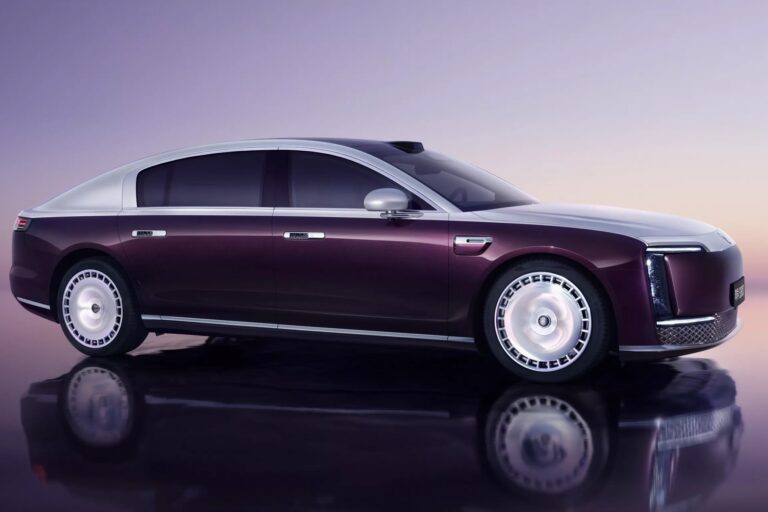
Unlike Xiaomi, which builds its own electric vehicles, Huawei takes a different approach by partnering with established automakers to enhance their vehicles with cutting-edge technology. Rather than manufacturing cars from the ground up, Huawei focuses on providing advanced software, infotainment systems, and autonomous driving solutions to its automotive partners.
One of Huawei’s notable collaborations is with Seres, resulting in the creation of the AITO brand. AITO vehicles, such as the M5 and M7, integrate Huawei’s HarmonyOS for a seamless smart cockpit experience. Another significant partnership is with JAC Group, leading to the development of the Maextro S800 (pictured above), a full-size, ultra-luxury electric sedan designed to rival high-end brands like Maybach and Rolls-Royce. The Maextro S800 boasts a tri-motor setup delivering up to 852 horsepower and features an 800V high-voltage system that allows for rapid charging, reaching 80% in just over 10 minutes.
Currently, Huawei’s automotive ventures are focused on the Chinese market, with no official announcements regarding international expansion. However, the company’s growing portfolio of partnerships, including recent collaborations with SAIC Motor and GAC Group, signals its ambition to play a significant role in the global EV industry.
Acer
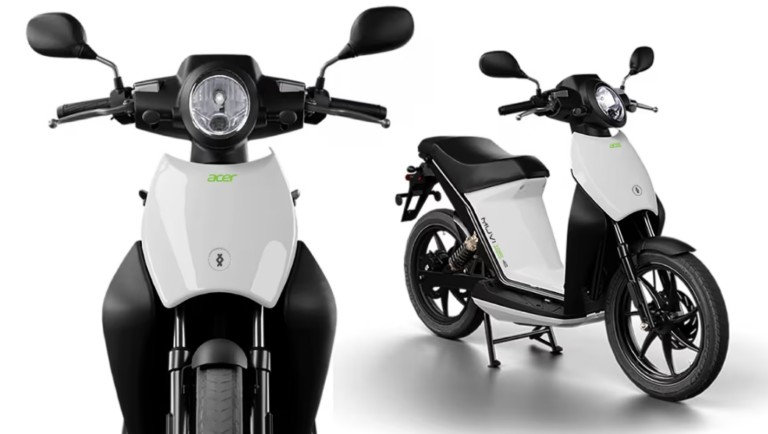
While most tech companies are eyeing global EV markets, Taiwanese electronics giant Acer has chosen to focus its EV efforts entirely on India.
In 2023, Acer partnered with Indian EV-maker eBikeGo to launch its electric two-wheeler venture under the Acer brand name. Though its dealership network is still in its early stages, the company has already started offering pre-booking options and opportunities for dealership on its Indian website.
While it’s too early to say how far Acer will go in the EV race, its move signals how mainstream tech companies are beginning to view EVs as more than just a trend—they see them as a serious vertical worth investing in.
AFEELA (Sony x Honda)
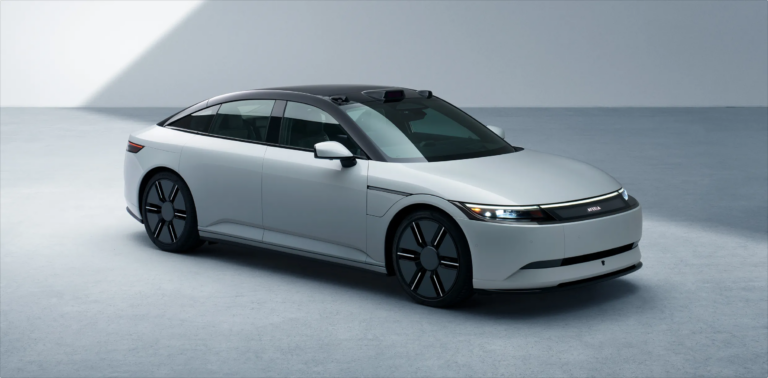
Japan has long been a leader in producing some of the world’s most trusted automobiles. In 2022, tech giant Sony and automotive veteran Honda joined forces to form Sony Honda Mobility, aiming to reshape electric mobility through their new EV brand, AFEELA.
The prototype was first unveiled at the Consumer Electronics Show (CES) 2023, drawing attention for its sleek design and futuristic features, including self-driving capabilities.
In 2025, at CES 2025, the company revealed the production-ready AFEELA 1. Deliveries are set to begin by mid-2026, with preorders currently open exclusively for California residents.
Will Tech Giants Drive the EV Revolution?
The rise of electric vehicles has opened the doors to a whole new wave of competition, one where tech giants are now standing shoulder to shoulder with legacy automakers. For customers, this means more choices, better technology, and greater value.
As companies like Xiaomi, Acer, and Sony-Honda push into EV territory, the industry is no longer the domain of carmakers alone
If innovation, speed, and smart features take centre stage, tech companies might just have the edge.
Will the future of electric mobility be shaped more by silicon than steel?
Tell us what you think in the comments below!
Also Read: How to Choose the Right Type of EV Battery
Follow us on Instagram for all EV updates!



